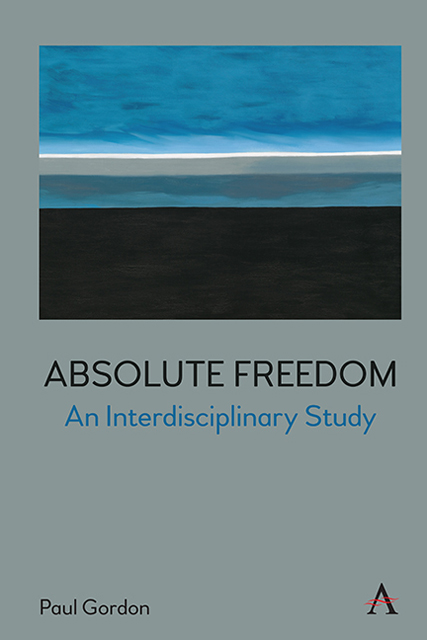1 - On Berlin’s “Two Concepts of Liberty”
Published online by Cambridge University Press: 10 January 2023
Summary
In an unusually comic moment in a novel not known for its humor, Victor Frankenstein, who has finally achieved his goal of creating human life, runs from his laboratory in hopes that, when he returns, the monster that he has created will be gone:
Unable to endure the aspect of the being I had created, I rushed out of the room, and continued a long time traversing my bedchamber, unable to compose my mind to sleep. At length lassitude succeeded to the tumult I had before endured. […] I started from my sleep with horror; a cold dew covered my forehead, my teeth chattered, and every limb became convulsed when, by the dim and yellow light of the moon […] I beheld the wretch—the miserable monster I had created.
My reason for beginning with this seemingly irrelevant reference is that, toward the end of his famous essay in which the distinguished Russian/ British philosopher Isaiah Berlin created the term, but not the notion, of “positive” as opposed to “negative” freedom, the author turns against his own “monstrous” idea:
Pluralism, with the measure of “negative” liberty that it entails, seems to me a truer and more humane ideal than the goals of those who seek in the great, disciplined, authoritarian structures the ideal of “positive” self mastery by classes, or peoples, or the whole of mankind. It is truer, because it does, at least, recognize the fact that human goals are many, not all of them commensurable, and in perpetual rivalry with one another.
Indeed, the parallels with Mary Shelley's protagonist go further, for both Victor Frankenstein and Isaiah Berlin finally acknowledge the limits of our “all-too-human” understanding and relinquish their more divine aspirations of discovering the ultimate truth of things. The purpose of this chapter is thus threefold: first, to understand the rather murky idea of “positive freedom”; second, to understand why Berlin turns against his own notion; and, finally, to argue that his disappointing retreat from absolute freedom into “pluralism” is hardly warranted.
One can easily grasp Berlin's notion of “negative freedom,” for it is largely the unproblematic idea of being freed from something. Our founders’ “Declaration of Independence” from England was just such a notion, as is freedom from self-incrimination, unwarranted “search and seizure,” and, more commonly, freedom from one's job over the weekend or during a restful vacation.
- Type
- Chapter
- Information
- Absolute FreedomAn Interdisciplinary Study, pp. 11 - 24Publisher: Anthem PressPrint publication year: 2022

